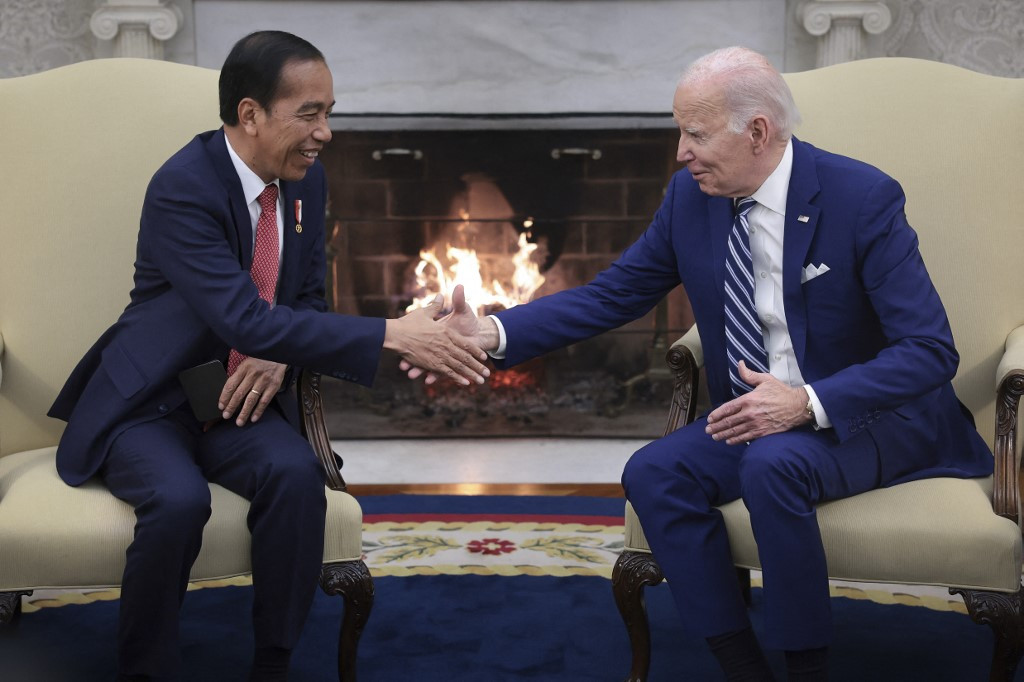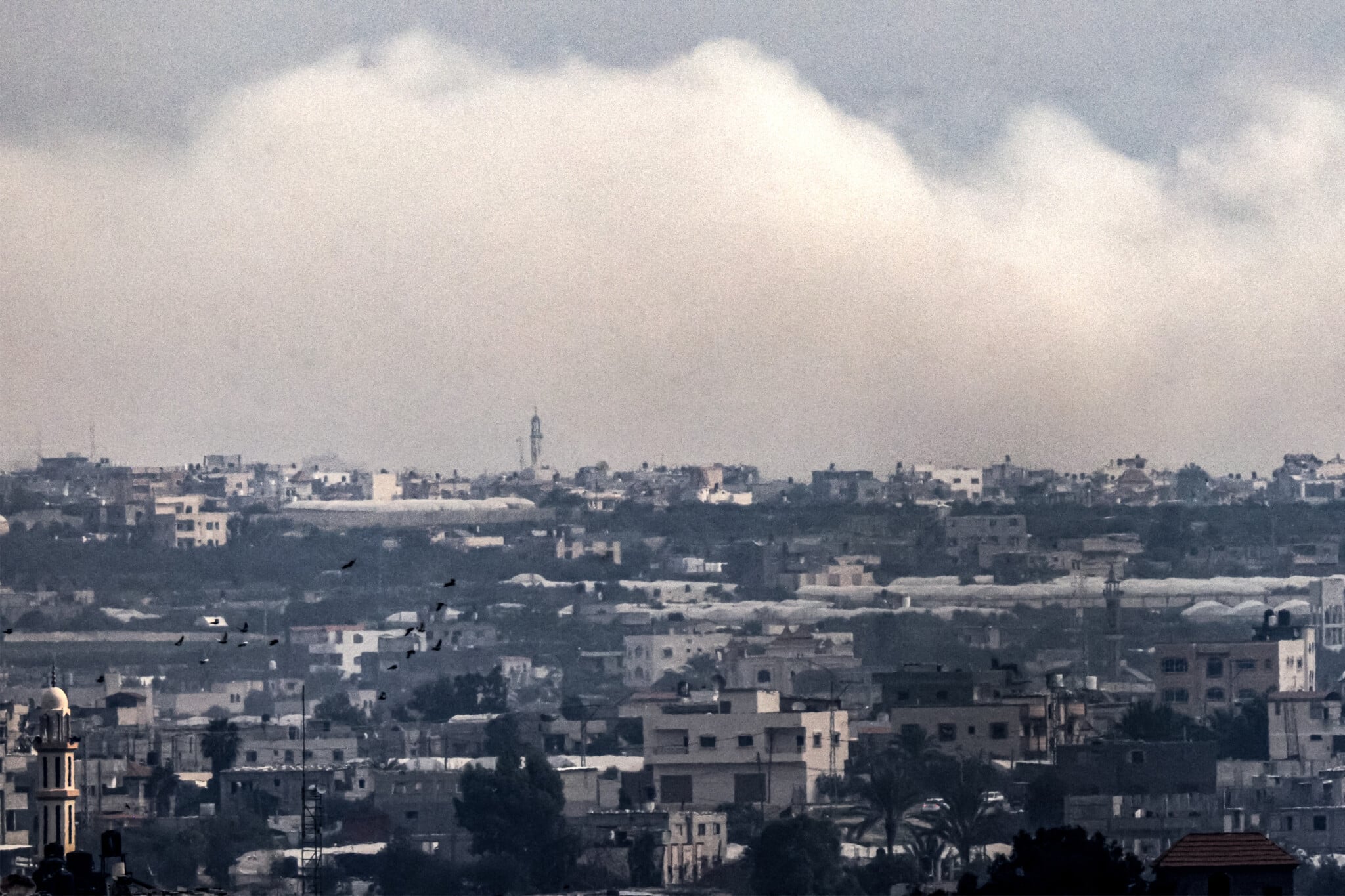Sandhi Yudha
Well-Known Member
There is indeed no good reason for Indonesia to normalize diplomatic ties with/acknowledge the state of israel. Doing that just to be able to join OECD will be a very backboneless and shameless act.
Jokowi aide quashes report Indonesia was set to open ties with Israel - Middle East and Africa - The Jakarta Post
Coordinator of President Jokowi's special aides Ari Dwipayana said in a statement issued late last week that no deal had been struck between Indonesia and Israel on the establishment of diplomatic relations.www.thejakartapost.com
This is old stories has been squash by Indonesian officials more than a month ago. Seems some in Israel so desperate to shown the world, that Muslims nations still want to 'normalize' with Israel, after they bomb and kill teens of thousands Palestinians.
No..Now some in Israel become more 'knowledgeable' on Indonesian politics, then Indonesian them selves. Spreading rumours and 'lies' shown how desperate Israel has become. The reality that no administration in Indonesia can survive, if they normalize with Israel after this, is not real. The delusional thinking from Israel on Muslim nations, is the reality.
The price for normalisation from Muslim Nations is Palestinian statehood. Only Israel that keep that delusional believe otherwise.
:strip_icc():format(jpeg)/kly-media-production/medias/2017823/original/091277700_1542874242-isro.jpg)
Media Hareetz Sebut Indonesia Komitmen Jalin Hubungan Diplomatik dengan Israel Demi Masuk OECD? Ini Respons Kemlu RI
Media Israel itu memuat dalam artikel bertajuk Indonesia Commits to Establishing Diplomatic Ties With Israel for First Time in History.
Last edited:



